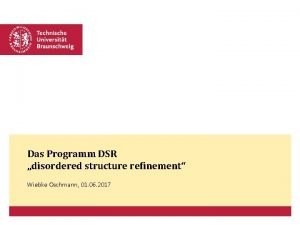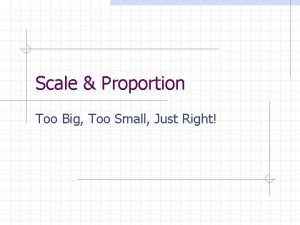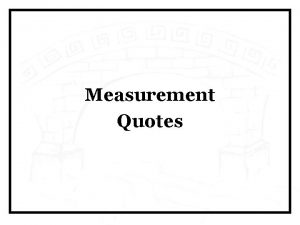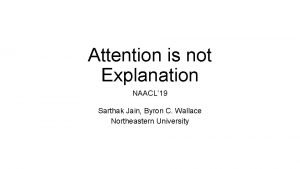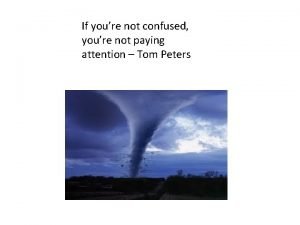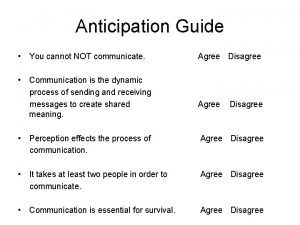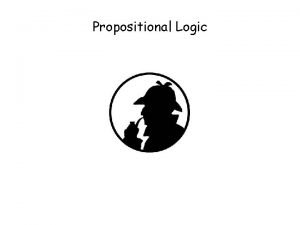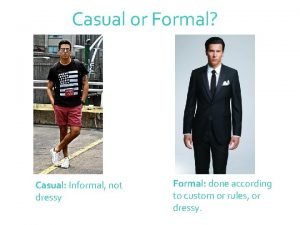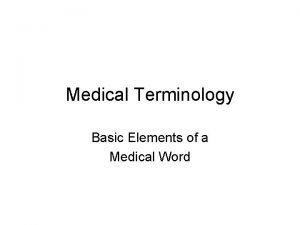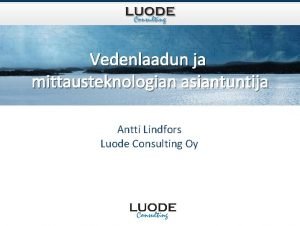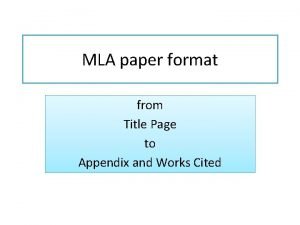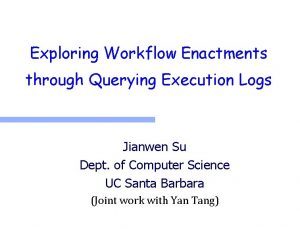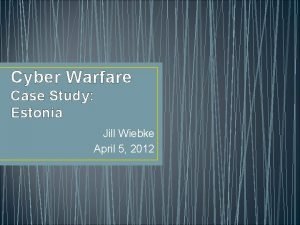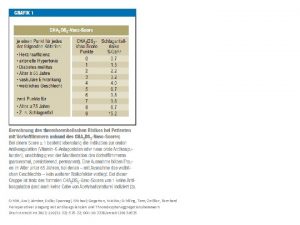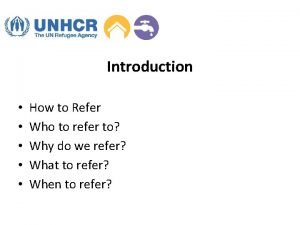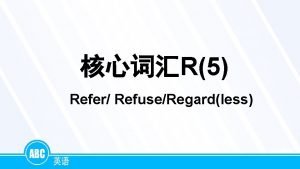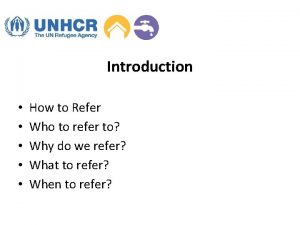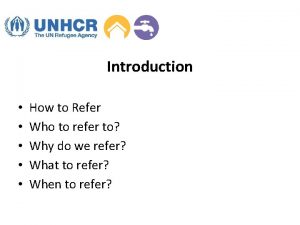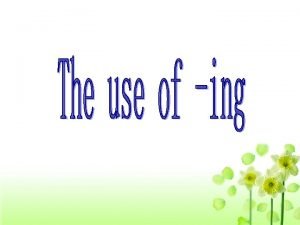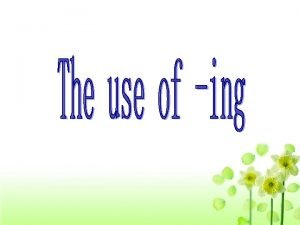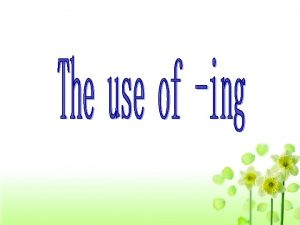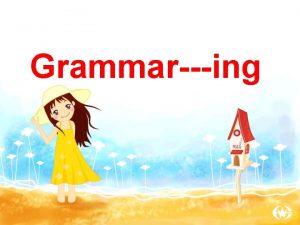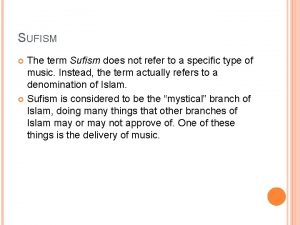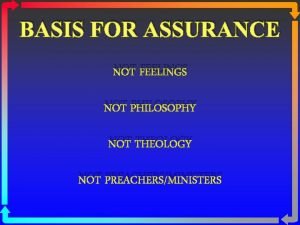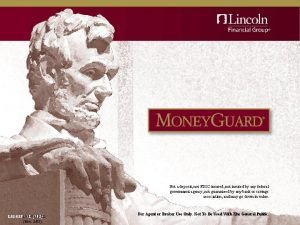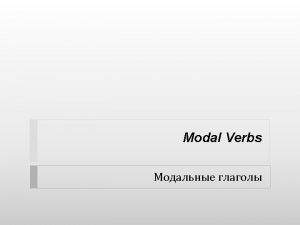To refer or not to refer Dr Wiebke

To refer or not to refer? Dr. Wiebke Dettmers, LL. M. (Univ. Helsinki)

Introduction

Purpose The PRP is an instrument to secure the Ø legal unity within the EU Ø further development of Community law Ø protection of individual rights

Purpose Legal unity within the EU Ø uniform application of Community law Ø uniform interpretation of Community law

Purpose Further development of Community law New question of general interest Ø uniform application and interpretation Existing case-law not sufficient Ø necessary guidance

Purpose Protection of individual rights Ø PRP has the role of indirect legal proceedings

Doubts? Do you have doubts about Ø how a provision is to be interpreted? Ø the validity of a provision?

Union Law Ø interpretation of Union law Is Art. 45 TFEU to be construed/understood as stipulating that it …? Ø validity of Union law Is Art. Y of the EU directive/regulation void?

Questions You do not want to apply a national law, because it violates a rule of Union law. Reference? Ø NO: no doubts about Union law

Questions You do not want to apply a national law, because it violates a rule of Union law. Lawyer argues that the rule of Union law is void. Reference? Ø NO: no doubts on the side of the judge; presumption for the validity of Union law

Checklist You must make a reference if you have 1. Doubts 2. about the interpretation or validity 3. of Union law …

Relevance Your question must be relevant to solve the case Ø presumption for relevance Ø exception: misuse of the procedure

Checklist You must make a reference if you have 1. Doubts 2. about the interpretation or validity 3. of Union law 4. relevant to solve the case. . .

Discretion or duty? Legal/Judicial remedy on the national level? Ø NO (final instance): obligation to refer Ø exception 1: extraordinary judicial remedy? Ø exception 2: proceedings for interim orders? Ø YES (non-final instance): discretion to refer Ø exception: doubts about validity of Union law?

Discretion or duty? Only the CJEU may declare Union law to be void. Ø doubts about validity of Union law = duty to refer

Questions You think Art. X of a EU regulation is void. You do not want to apply it. There is no legal remedy against your decision. Reference? Ø YES: doubts about the validity of relevant Union law

Questions You think Art. X of a EU regulation is void. You do not want to apply it. There is a legal remedy against your decision. Reference? Ø YES: doubts about the validity of Union law = unwritten duty to refer

Questions You have doubts about the interpretation of Union law. You want to decide according to your way of interpretation. There is a legal remedy against your decision. Reference? Ø Discretion: doubts about the interpretation of relevant Union law but there is a legal remedy

Checklist You must make a reference if you have 1. doubts 2. about the interpretation or validity 3. of Union law 4. relevant to solve the case and there is 5. no legal remedy (interpretation).

Exceptions Acte éclairé: = a materially identical question had already been answered by the CJEU Ø similar case Ø no matter what nature of proceedings

Exceptions Acte clair: = the correct interpretation of Union law is obvious ?

Exceptions Acte clair: Equally obvious - to all courts of the other Member States - in all language versions - in all different legal terminologies - in the light of Union law as a whole

Checklist You must make a reference if you have 1. doubts 2. about the interpretation or validity 3. of Union law 4. relevant to solve the case and there is 5. no legal remedy (interpretation).

Checklist Exceptions: 1. The CJEU had previously ruled on a materially identical question (acte éclairé) or 2. the correct interpretation of applicable Union law is obvious (acte clair) - to all courts of the other MS - in all language versions of the applicable Union law - in the terminology of all legal systems of the MS - in the light of Community law as a whole.

Thanks for your attention! dettmers-wiebke@bgh. bund. de
- Slides: 25
